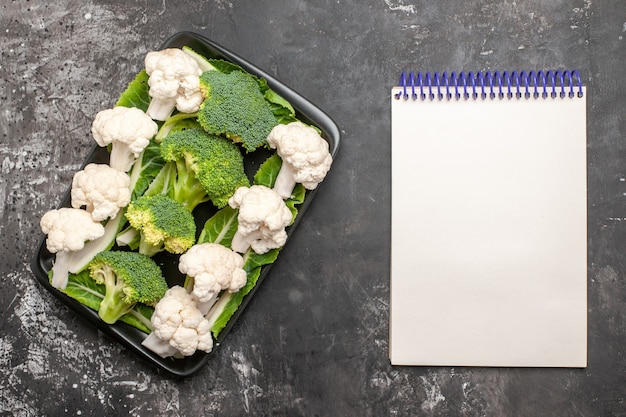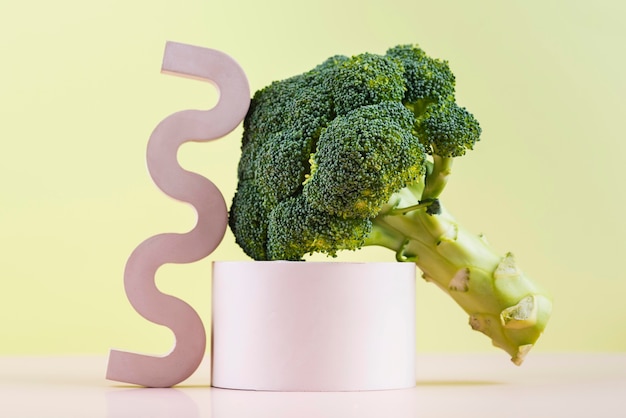Broccoli isn’t just another green vegetable—it’s a nutritional powerhouse packed with vitamins, antioxidants, and disease-fighting compounds. Often labeled a superfood, this cruciferous veggie has earned its reputation through science-backed health benefits. But like any food, it comes with some precautions. Let’s explore what makes broccoli so special and how to enjoy it safely.
A single cup (about 91 grams) of raw broccoli provides a surprising amount of essential nutrients with very few calories. Here’s what you get:
Broccoli is also rich in antioxidants like sulforaphane, kaempferol, and quercetin—plant compounds that help reduce inflammation and protect cells from damage.

Broccoli may help lower cholesterol levels thanks to its high fiber content, which binds to bile acids in the digestive tract. It also contains compounds that reduce inflammation and oxidative stress—both linked to heart disease.
With its rich fiber content, broccoli supports regular bowel movements and a healthy gut microbiome. A balanced gut is essential for overall immunity and long-term digestive wellness.

As a cruciferous vegetable, broccoli contains glucosinolates, which break down into compounds like sulforaphane. Research suggests these compounds may help inhibit the growth of cancer cells, particularly in the colon, prostate, and breast.
High in vitamin C and other immune-supportive nutrients, broccoli helps the body defend against infections. Regular consumption may reduce the frequency and severity of common illnesses.
Broccoli contains lutein and zeaxanthin—antioxidants that accumulate in the retina and help protect against age-related macular degeneration and cataracts.
Yes, raw broccoli is safe and nutritious. Eating it uncooked preserves heat-sensitive nutrients like vitamin C and certain enzymes that enhance its health benefits. However, some people may experience gas or bloating due to its high fiber and raffinose content—a natural sugar that ferments in the gut.
To minimize discomfort, try steaming broccoli lightly. This method retains most nutrients while making it easier to digest. Avoid overcooking, as it can destroy beneficial compounds like sulforaphane.

Broccoli’s fiber and complex sugars can cause gas, bloating, or discomfort in sensitive individuals. Introduce it gradually into your diet and drink plenty of water to aid digestion.
Broccoli contains goitrogens—substances that may interfere with thyroid function when consumed in very large amounts, especially if eaten raw. Cooking reduces goitrogenic activity, so those with thyroid issues should opt for steamed or roasted broccoli in moderation.
Broccoli is high in vitamin K, which plays a key role in blood clotting. People on blood-thinning medications like warfarin should maintain consistent vitamin K intake to avoid interfering with their medication’s effectiveness.
Versatile and easy to prepare, broccoli can be:
Frozen broccoli can be just as nutritious as fresh, especially if flash-frozen soon after harvest. Some studies show that proper freezing techniques can preserve cancer-fighting compounds effectively.
Broccoli is more than a side dish—it’s a nutrient-dense food that supports heart health, digestion, immunity, and long-term disease prevention. While it’s generally safe for most people, those with thyroid concerns or on certain medications should consume it mindfully.
Whether raw, steamed, or roasted, adding broccoli to your meals is a simple step toward better health. With its wide range of benefits and culinary flexibility, it’s no wonder this green veggie is celebrated as a true superfood.

Health

Health

Health

Health

Health

Fitness

Health

Health